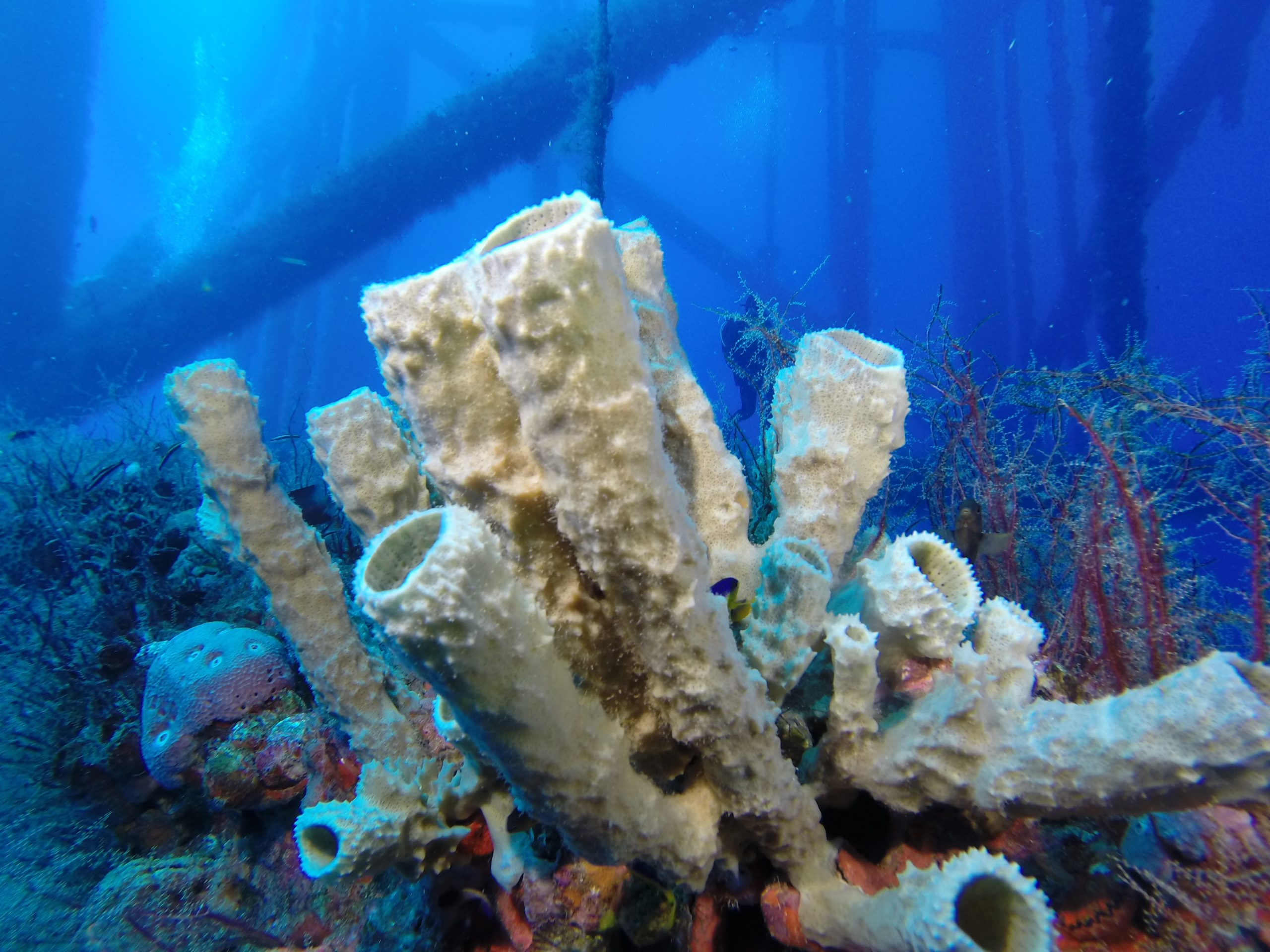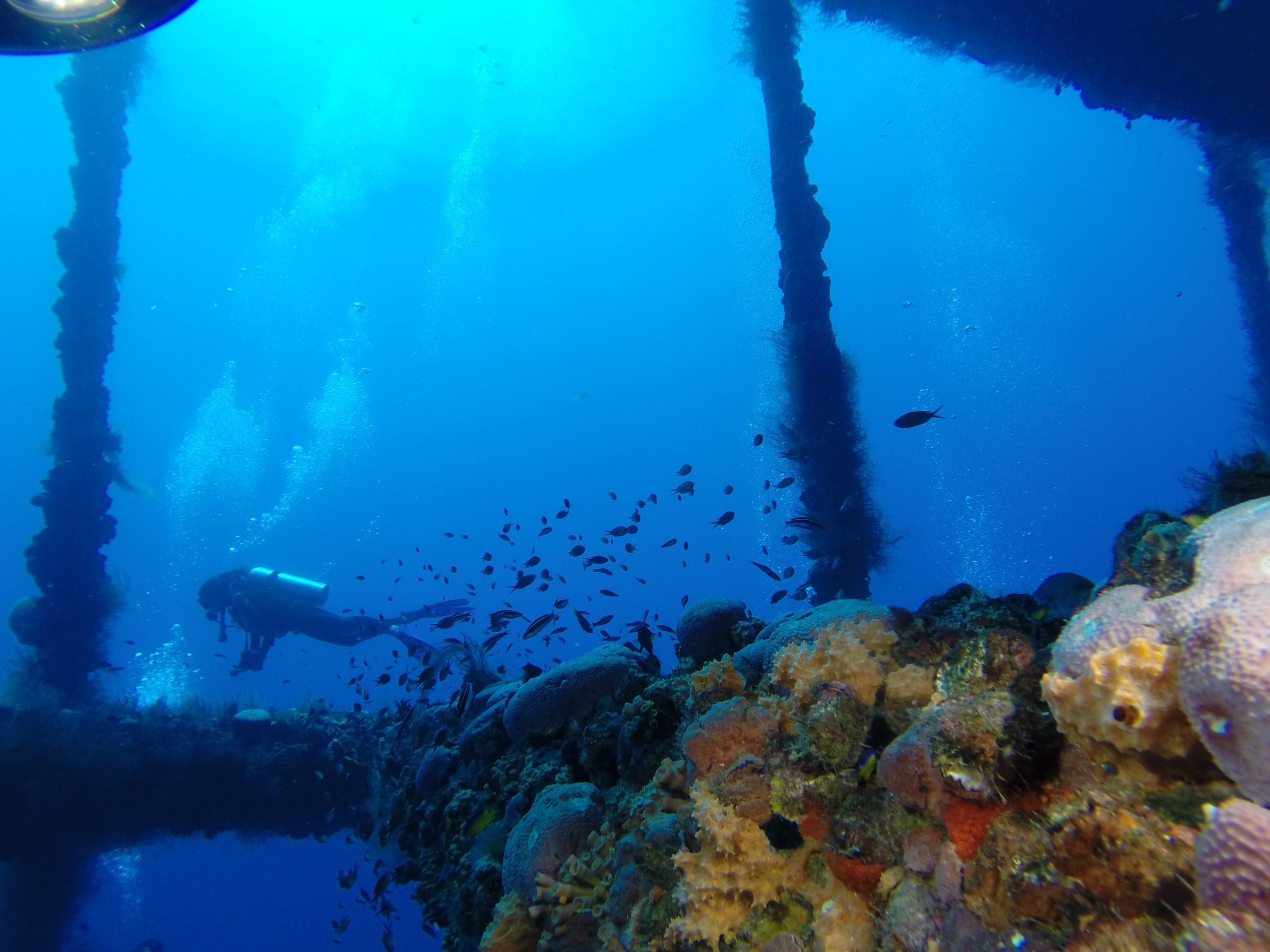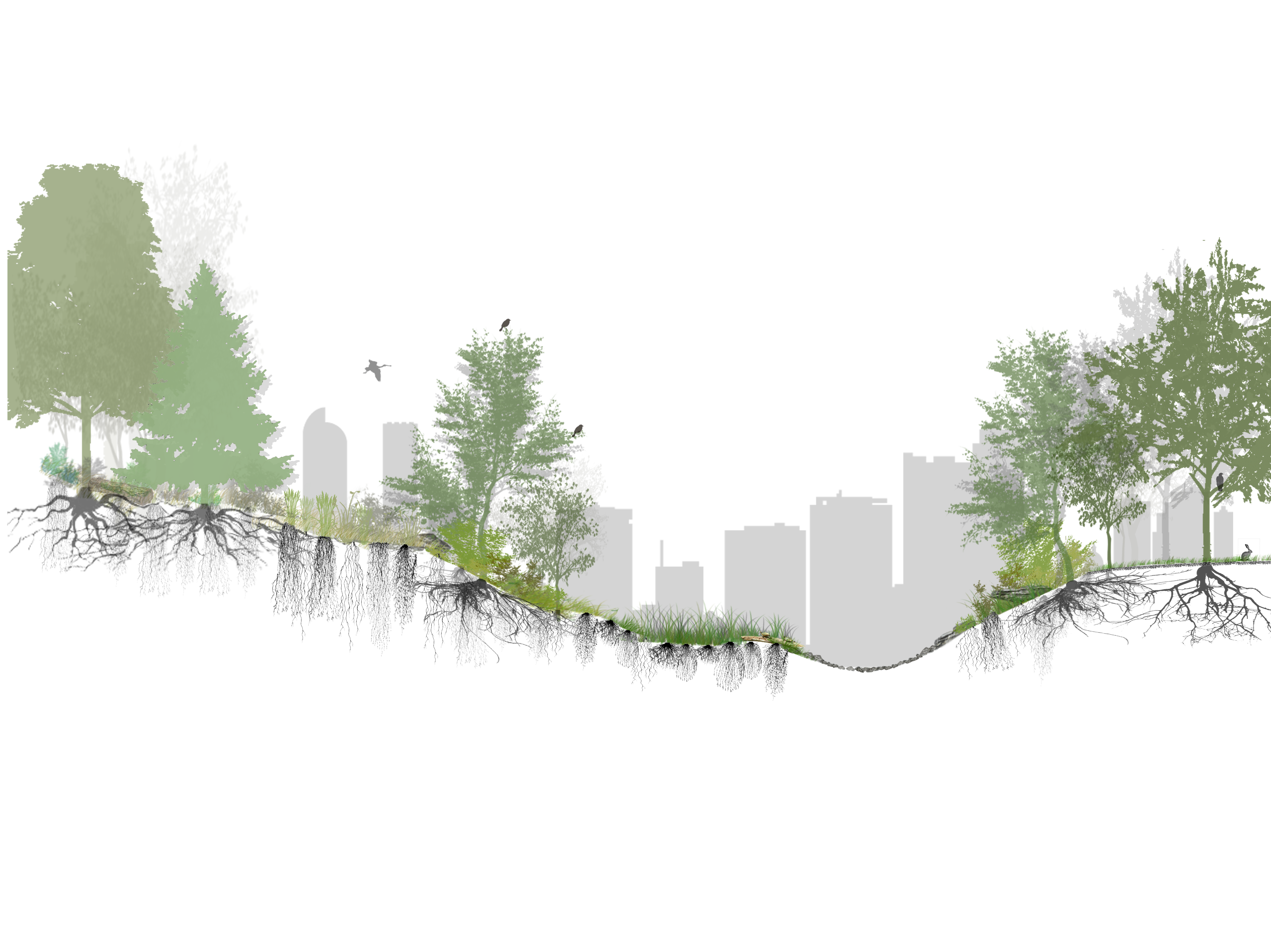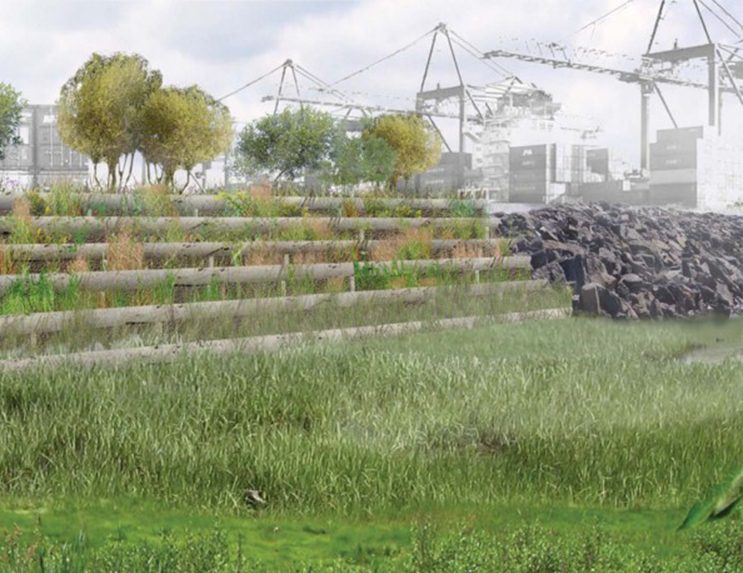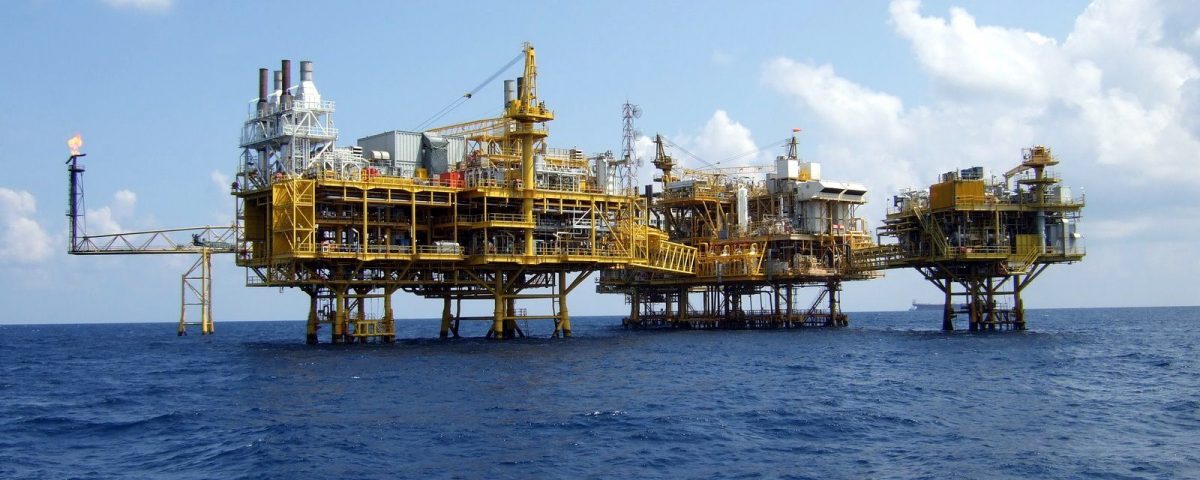Howland Hook Marine Terminal Mitigation Planning
March 24, 2020Camp Ramah Fire Restoration & Clean-Up Plan
November 5, 2019
Gulf of Thailand Rigs to Reefs Feasibility Study
Thailand
Client
Chevron Environmental Management Company
Services
Rigs to Reef Study
Biological Assessments
Over the last 40 years, Thailand has continued to develop and implement artificial reef programs aimed at conserving and enhancing resources and fisheries production in shallow, coastal areas. The Gulf of Thailand currently has numerous offshore platforms, several of which are owned by Chevron. Chevron contracted with Great Ecology to help evaluate options for platform decommissioning, including implementing a Rigs to Reefs program as an alternative to the complete removal of its non-productive oil and gas structures. Great Ecology assessed the feasibility of implementing a Rigs to Reefs program in the Gulf by examining several critical elements of successful program implementation. The investigation included evaluating the suitability of the selected reefing sites, with regard given to the physical marine environment, as well as assessing the condition of the platform jacket materials, by addressing the physical and biological stressors (i.e. corrosion, fatigue, etc.) of reefed structures in marine environments that can impact structural integrity. Through this evaluation, Great Ecology determined that converting these platforms into reefs would likely contribute to the overall productivity of the Gulf of Thailand’s marine ecosystems, generating both local and regional socio-economic benefits. Implementing this program in the Gulf of Thailand not only would minimize waste, but would also create artificial habitats for ecosystem rehabilitation.
The project included graphics depicting the various decommissioning options and the associated biology, graphics of the project location and its proximity to natural reefs and other existing artificial reefs, a report detailing the structural stressors associated with leaving an offshore structure as a reef, a biological monitoring plan approach, and a comprehensive presentation that assimilated all of the project findings.
The findings of this assessment informed Thai stakeholders and Chevron on a pathway forward in implementing Thailand’s first Rigs to Reefs Program. Great Ecology’s work was used to aid regulators, operators, scientists, and other relevant stakeholders in Thailand to develop and enhance its artificial reef program. As of January 2020, the oil and gas platforms included in Great Ecology’s feasibility study have officially received permits for reefing, making the Gulf of Thailand the third area in the world to have successfully implemented a Rigs to Reefs plan.
Platform Decommission Concept

